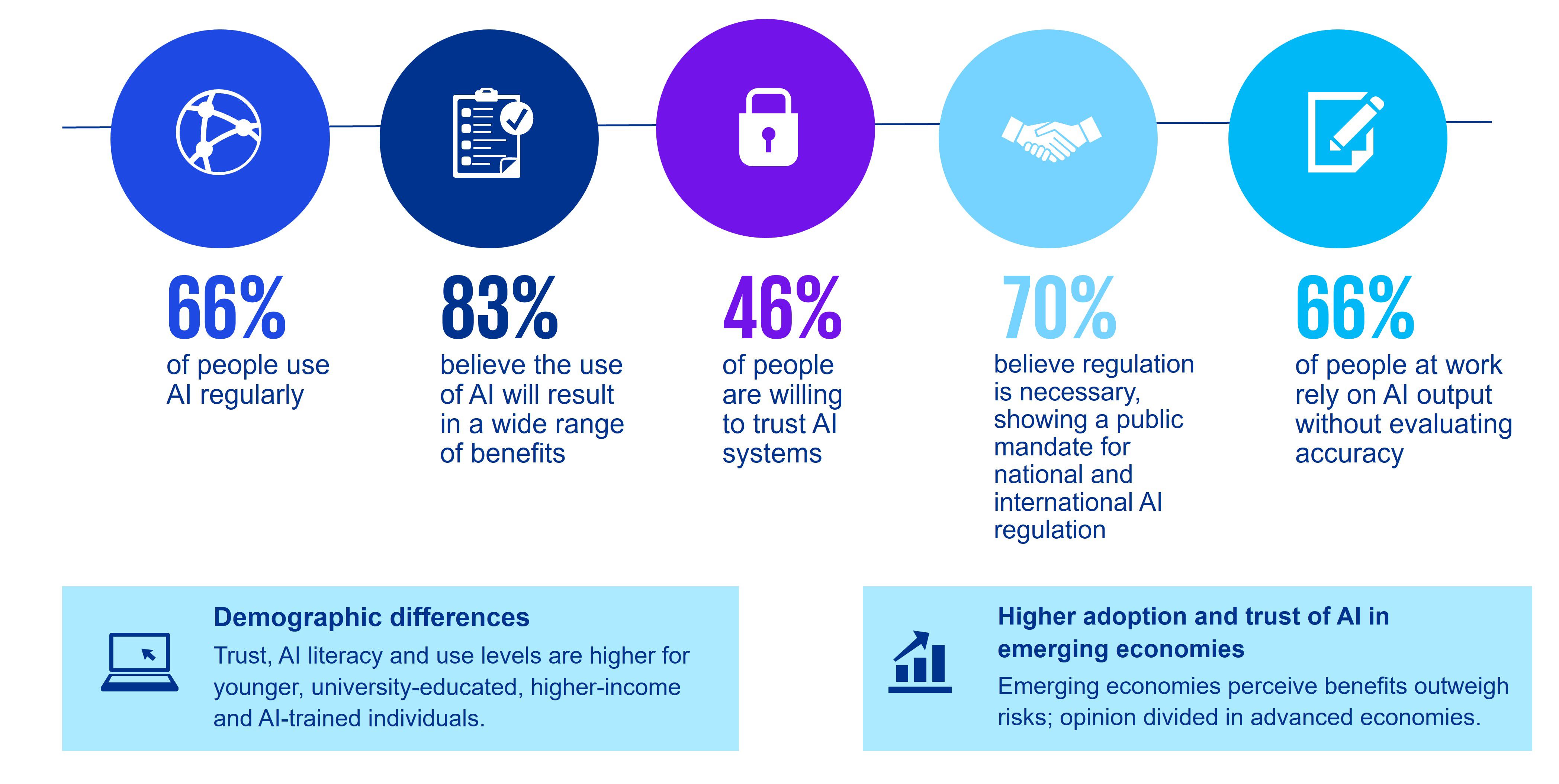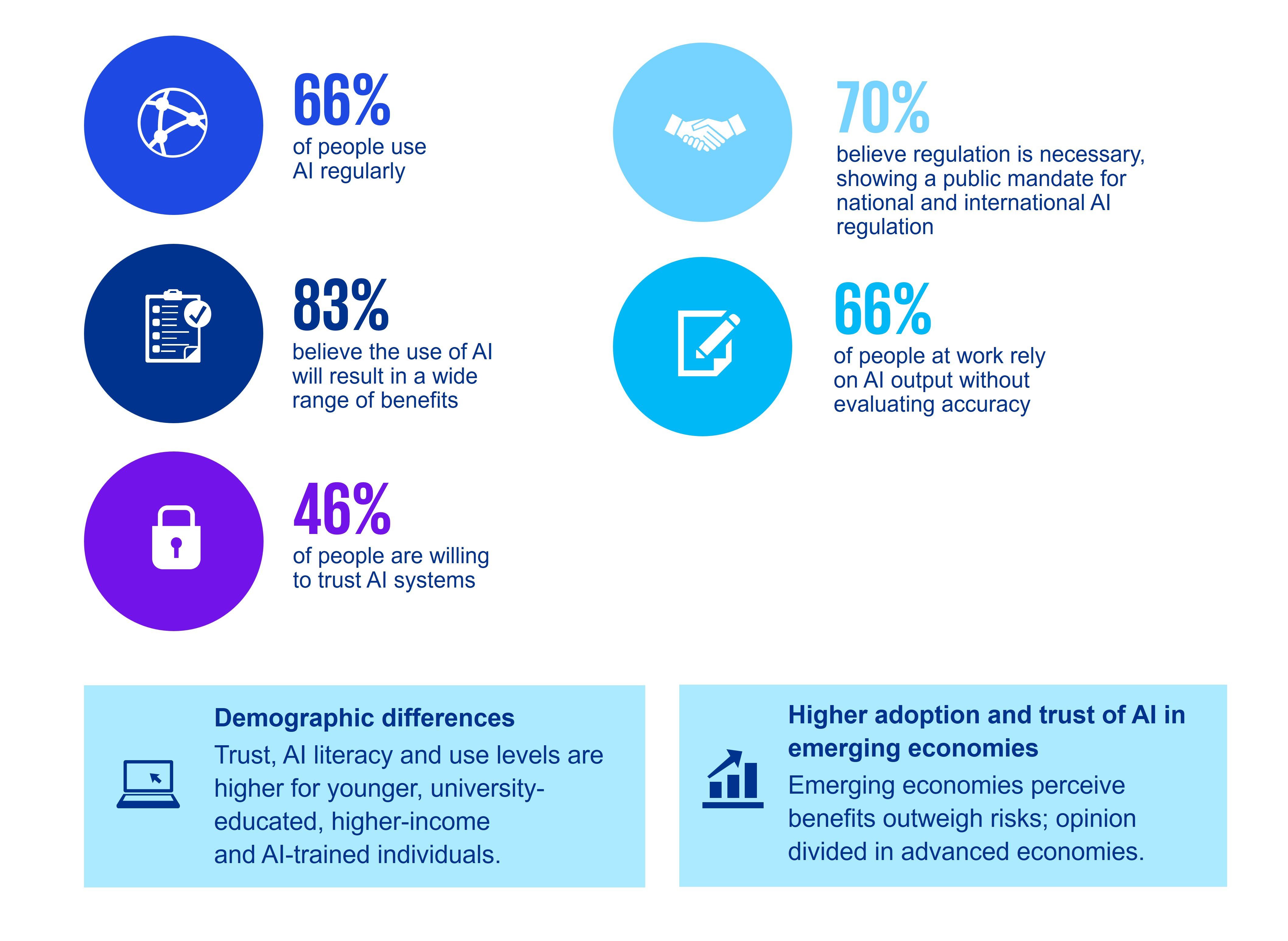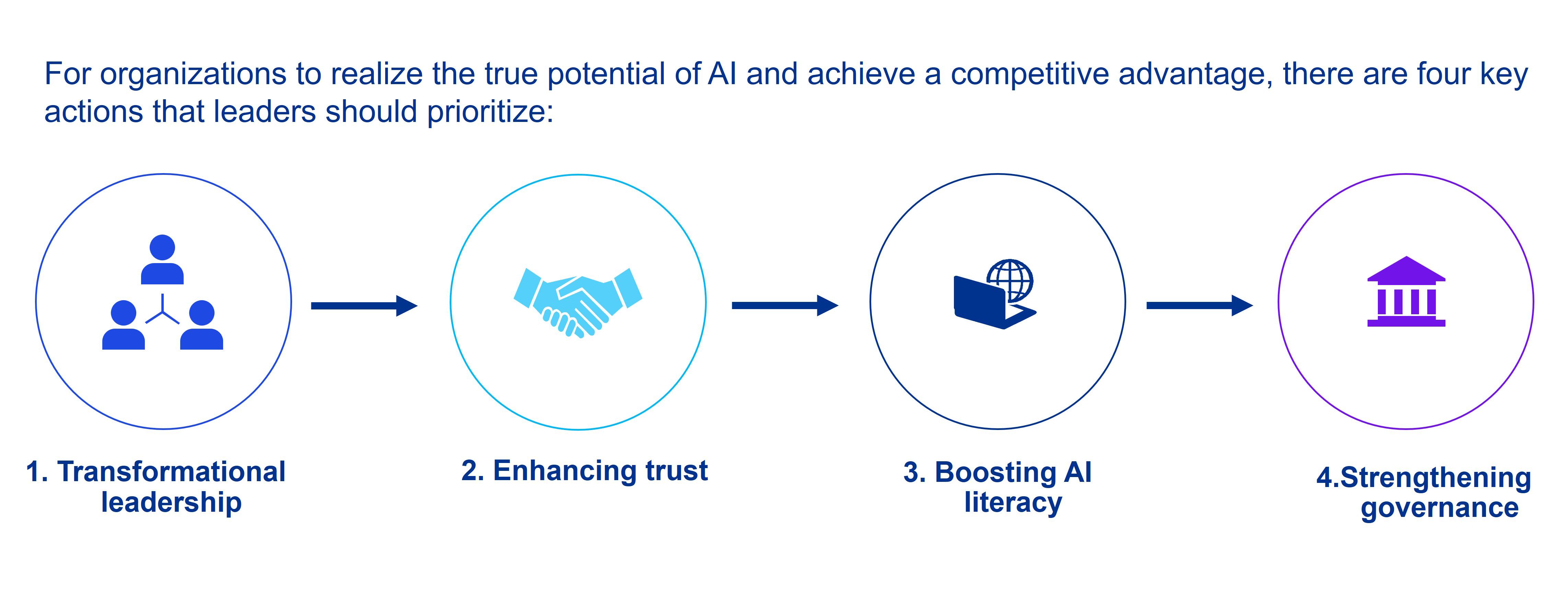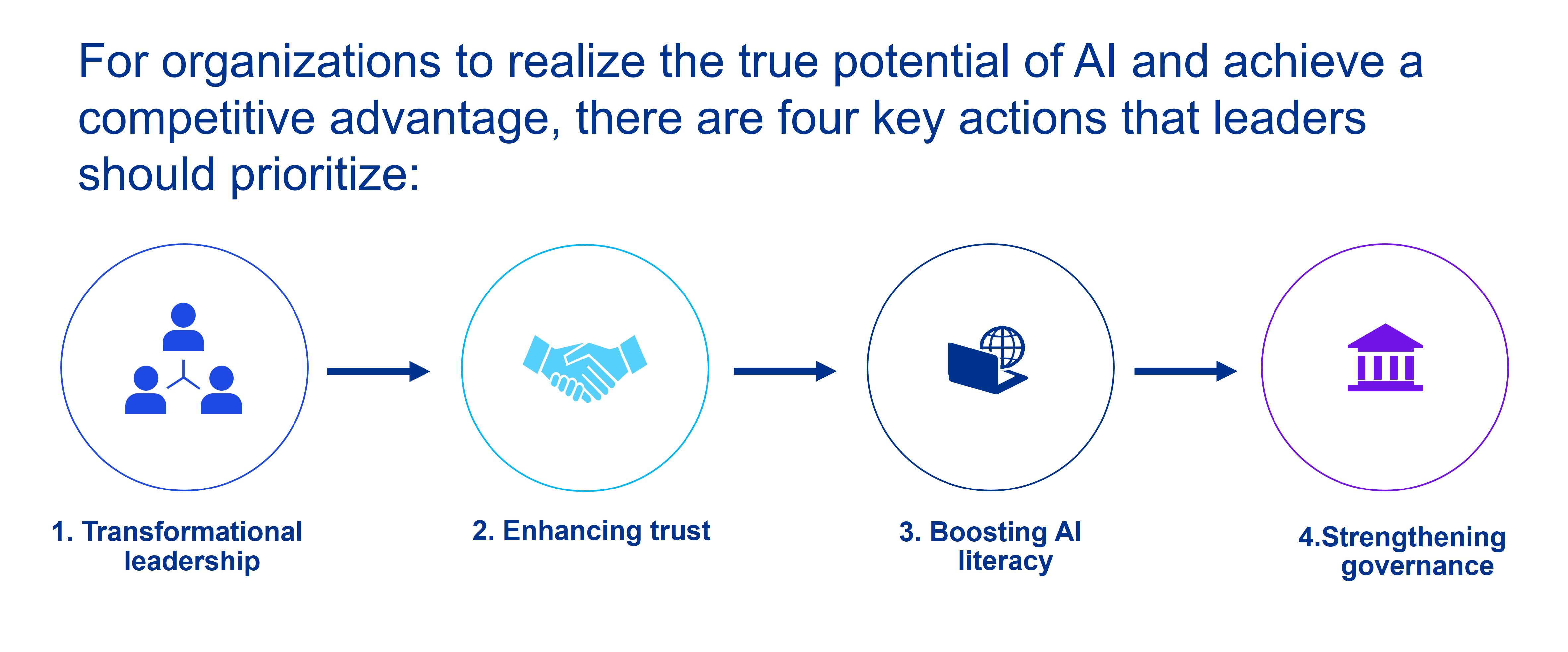Artificial intelligence (AI) is no longer just a buzzword — nor is it a concept of the future. It’s here, embedded in how we live, work and learn. From AI driving real-time decision-making across businesses to reshaping how younger generations engage with the world, AI’s reach is expanding rapidly — and it’s not slowing down. But as adoption accelerates, one question looms large: Can we trust it?
This question resonates deeply at home. In Malaysia, the government champions AI adoption and responsible regulation through initiatives like the National Artificial Intelligence Office (NAIO) and the National Guidelines on AI Governance and Ethics. The launch of the Strategic AI Infrastructure — the first sovereign, full-stack AI ecosystem in the region — highlights AI’s key role in Malaysia’s future and signals the nation’s growing awareness of AI risks like data sovereignty and public trust.
乐鱼(Leyu)体育官网’s Trust, attitudes and use of artificial intelligence: A global study 2025, in collaboration with the University of Melbourne, surveyed over 48,000 people across 47 countries to explore how individuals perceive, interact with, and experience AI — especially in the workplace, education, and everyday life. While people recognize the benefits of AI, but concerns around safety, accountability and ethical use persist. A significant gap in AI literacy, training and regulation points to an urgent need for more transparent governance and stronger compliance standards.
Key findings
AI’s influence transcends borders — and so must the response. The path forward requires shared responsibility, stronger governance frameworks and a commitment to using AI in ways that advance people, not leapfrog them. Because trust is not built by technology alone — it is earned through transparency, accountability and intent.







